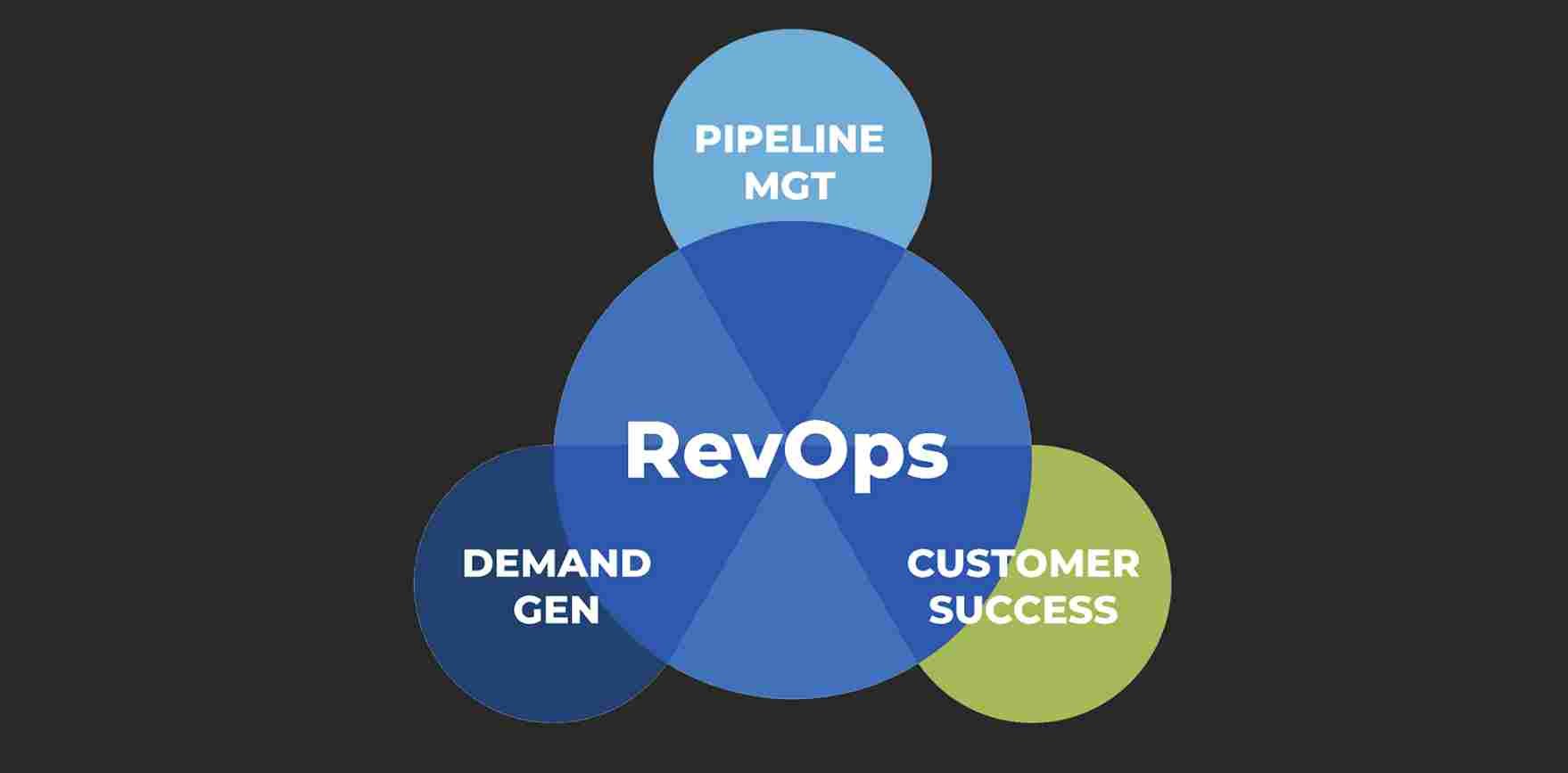How to Contribute to Open Source Software Projects
Open source software is a vibrant, collaborative ecosystem that thrives on the contributions of passionate individuals from around the globe. Contributing to open source projects can be an immensely rewarding experience, offering opportunities to learn, grow, and make a tangible impact on the software community. If you’re looking to get involved but don’t know where to start, this guide will walk you through the essential steps and best practices for participating in open source.
1. Understanding the Basics
Before diving into how to join open source projects, it’s crucial to understand what open source is and how it functions. Open source software is built collaboratively by developers who share their source code freely, allowing anyone to contribute, modify, and distribute the software. This communal approach fosters innovation and allows projects to evolve rapidly. To contribute effectively, familiarize yourself with the principles of open source, including licensing, version control, and community norms.
2. Finding the Right Project
The first step in contributing to open source is finding a project that aligns with your interests and skills. There are numerous platforms where open source projects are hosted, such as GitHub, GitLab, and Bitbucket. You can explore these repositories to find projects that pique your interest. Consider starting with projects that are well-documented and have a welcoming community. Look for issues tagged with labels like “good first issue” or “beginner-friendly,” which are ideal for newcomers.
3. Getting Started with the Open Source Contribution Guide
Many open source projects have an open source contribution guide that outlines how new contributors can get involved. This guide typically includes instructions on setting up your development environment, coding standards, and how to submit contributions. Make sure to read this guide thoroughly before making your first contribution. It will provide valuable insights into the project’s workflow and help you avoid common pitfalls.
4. Engaging with the Community
Participating in open source is not just about coding; it’s also about engaging with the community. Join project forums, mailing lists, or chat channels to connect with other contributors and maintainers. Asking questions, providing feedback, and offering support are all part of being an active community member. Building relationships within the community can also open doors to mentorship and collaborative opportunities.
5. Starting with Small Contributions
If you’re new to how to join open source projects, it’s wise to start with small contributions. Begin by fixing minor bugs, improving documentation, or addressing small issues. These smaller tasks are a great way to familiarize yourself with the project’s codebase and workflow without the pressure of making major changes. As you gain confidence and experience, you can gradually tackle more complex tasks.
6. Submitting Your First Pull Request
Once you’ve made your changes, the next step is to submit a pull request (PR). A pull request is a request to merge your changes into the project’s main codebase. Follow the project’s guidelines for submitting a PR, including providing a clear description of your changes and any relevant information. Be open to feedback and willing to make revisions based on the maintainers’ suggestions. This iterative process helps ensure that your contribution aligns with the project’s goals and standards.
7. Staying Consistent and Committed
Consistency is key when participating in open source. Regular contributions, even if they are small, help build your reputation within the community and demonstrate your commitment to the project. Set aside time to contribute regularly, stay updated with project developments, and continue to improve your skills. Over time, your contributions will become more substantial, and you’ll gain a deeper understanding of the project and its needs.
8. Learning and Growing
Contributing to open source is a fantastic way to learn and grow as a developer. You’ll encounter new technologies, coding practices, and problem-solving approaches. Take advantage of this learning opportunity by actively seeking feedback, studying other contributors’ code, and experimenting with new ideas. The collaborative nature of open source allows you to learn from a diverse group of developers and enhance your skills.
9. Promoting Open Source Values
As you become more involved in how to join open source projects, consider promoting the values of open source within your own network. Encourage others to contribute, share resources, and advocate for the benefits of open source software. By fostering a culture of collaboration and openness, you help sustain and grow the open source ecosystem.
Conclusion
Contributing to open source is a fulfilling endeavor that offers numerous benefits for both personal development and the broader tech community. By understanding the basics, finding the right project, engaging with the community, and starting with small contributions, you can make a meaningful impact and gain valuable experience. Embrace the collaborative spirit of open source and enjoy the journey of learning, growing, and giving back to the community. Whether you’re fixing bugs, improving documentation, or developing new features, every contribution helps drive innovation and supports the open source movement.





